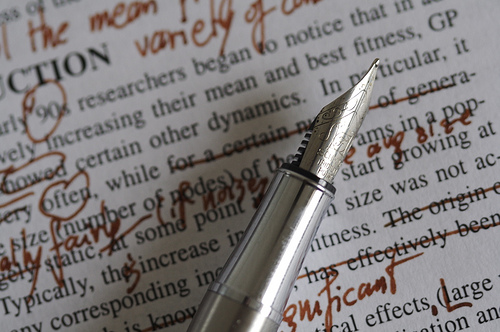Next time you go to write an essay, try to put yourself in your professor’s shoes. Don’t be that person who shows laziness through their writing. There are plenty of common mistakes that are easily avoidable, especially if you are aware of them next time you sit down to power out that essay.
Write to impress! Here are some tips for setting yourself apart from the usual common error crowd when writing an essay:
- AVIOD CONTRACTIONS: [Can’t, Won’t, Didn’t, etc.] This is scholarly writing, not conversational dialogue. You are not writing a blog or a letter to your friend, so peel those words apart and make them two for a more professional tone! Note: sometimes it’s ok to use contractions as long as they don’t overwhelm the reader.
- AVIOD SLANG: [Cool story bro..] This mistake hurts your voice as a writer. If you are trying to convince your professor that you don’t care about the essay or your grade, this is the best way to do it! Words and phrases of this nature should be 100% avoided in essay writing. Instead look up scholarly words that give the same meaning in a more academic and professional manner.
- AVIOD USING “I”: [I agree with the author that…] If your professor wants your opinion in an essay, they will ask for it in the prompt. Otherwise, the general rule here is to avoid using “I” statements because it affects the overall appearance and stance of your essay.
- STAY ON TOPIC: [This reminds me of how one time my friend Susie had a similar experience to this…] We have all been guilty of going off on a tangent before, but keep your prompt and task in mind until the essay is finished. Save your ramble or vent session for your journal.
- STICK TO THE FACTS: [ Virginia Woolf was the greatest English writer of all time..] Sometimes, it can be easy to start being overdramatic in your writing to make it sound better or sound the way you want it to. The best tip to remember is don’t dramatize and don’t make assumptions. Your audience may not feel the same way that you do.








Recent Comments